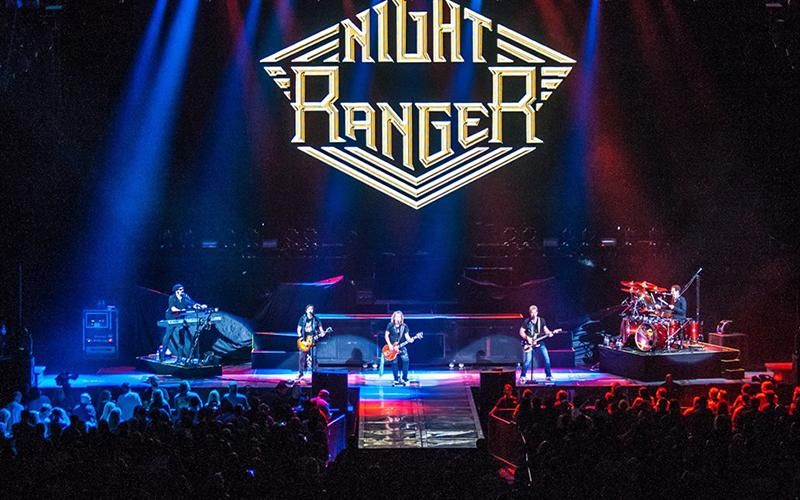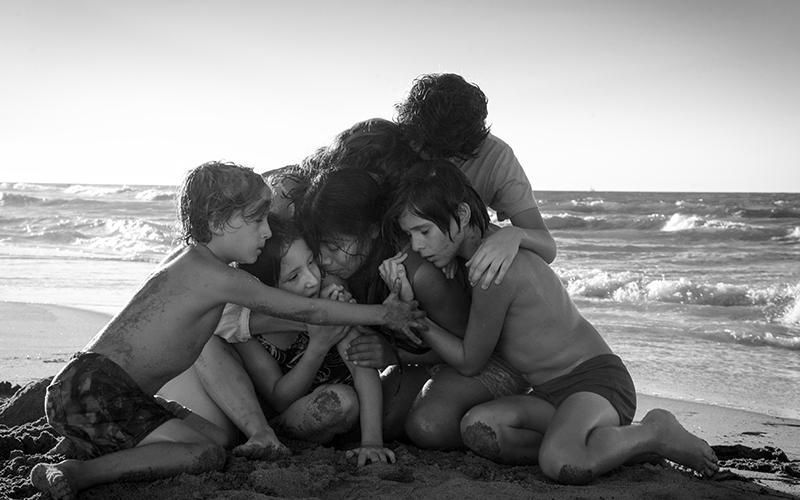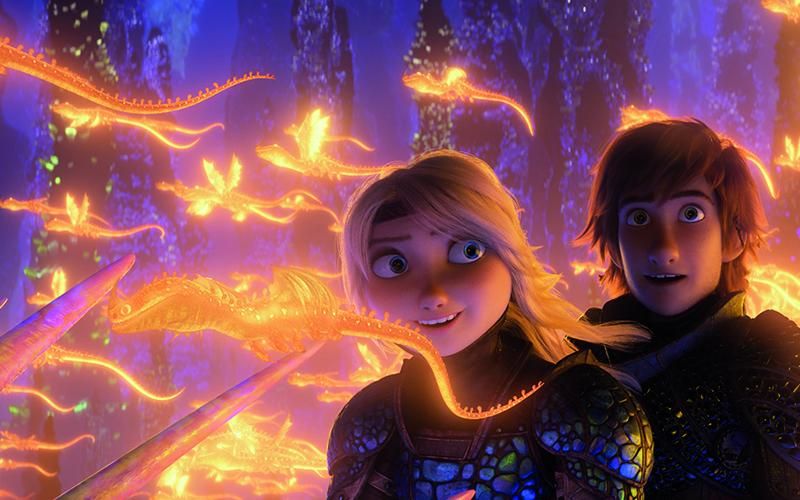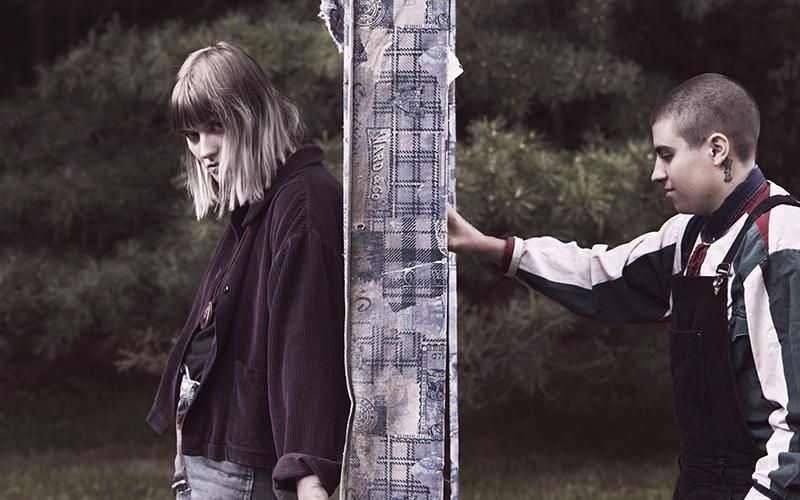The year was 1982. Steve Berlin was saxophonist for the storied rockabilly revival band, The Blasters. One night at the Whiskey A Go Go in Los Angeles, the Blasters were preceded by a new opening act that called itself Los Lobos (Spanish for The Wolves).
The band blew everyone away, including Berlin.
Berlin didn’t vow to join Los Lobos that night, but he did contrive to spend as much time with the band as possible.
In a phone interview, Berlin said he sensed at the time that “the Blasters were going south and Los Lobos was going north,” referring to career trajectories.
“To be honest, the Blasters are not that fun to hang out with most of the time,” he said. “They’re all in each other’s faces. Lobos guys were much easier to get along with.”
Now, Berlin has been one of those easygoing “Lobos guys” for 36 years.
Never a Party Band
Calling Los Lobos one of the top two Latin rock bands of all time (the other being Santana) doesn’t quite do justice to breadth of the band’s artistic ambitions.
Yes, the band has done things like pay loving homage to Mexican folk music on the album, La Pistola y El Corazón. But it also released a trio of experimental albums with producer Mitchell Froom. The hit that introduced Los Lobos to many music fans was ostensibly a Mexican folk song. But it had gone through many permutations before Los Lobos got ahold of it.
In 1997, Los Lobos agreed to remake Ritchie Havens’ version of the song “La Bamba” for the movie of the same name.
The Los Lobos version isn’t an act of slavish impersonation. It manages to do justice to both Valens and Los Lobos. This rendition was a huge hit, lasting three weeks at number one on the Billboard singles charts in 1987.
If there was a downside to this seeming embarrassment of riches, it was that “La Bamba” was a freelance job. It was not an accurate representation of what the band was all about.
“La Bamba” is essentially a party song. Los Lobos is a lot of things, but it has never been a party band.
The success of that record created unrealistic expectations within the band and without.
Touring The Neighborhood
“I think the only mistake we made is that we went from middle-to-low grade on the food chain to relatively high on the food chain,” Berlin said. “We kind of got used to it and when we did the next rock tour around The Neighborhood record, we went out on a scale that was much too large. We thought we were bigger than we were. It was just a lesson learned.”
If it hadn’t been for the frustration of that process, Berlin said, the band wouldn’t have pro-duced Kiko, which frustrated everyone’s expectations in the best way possible.
“Kiko was definitely a record born of frustration,” he said. “It came about because we were mad at ourselves and mad at the music business for fooling us.”
Despite its wild stylistic departures from what had come before, Kiko was not an overly calculated work.
“It just kind of happened,” Berlin said. “It wasn’t like Pet Sounds where we worked on it for two years. It just kind of popped out of us.”
Berlin said the band knew they had a record they were proud of, but they had no idea it would have the career impact it did.
Los Lobos did another record with Kiko’s producer, Mitchell Froom, and then the band was dumped by its longtime corporate parent, Warner Brothers. This was OK, Berlin said, because all the people at the label who’d championed the band in its early days had moved on.
“It wasn’t emotional,” he said. “It was sad but it was something we saw coming. Our friends had moved on and it was time for us to move on, too.”
The Paul Simon Episode
On the setback scale, being dropped by a major label is nothing compared to having one of your songs stolen by a musical legend.
The story of this sordid episode, which allegedly occurred during and after the recording of Paul Simon’s Graceland, has dropped jaws for many years.
I will not recount it here. Light Googling will yield many lengthy accounts.
All Berlin will say now is that he’s over it.
“I don’t mind talking about it but I hate giving the impression that I am thinking about it,” he said. “I literally never, ever think about it. If you want to be in the music business, weird (exple-tive) is going to happen. People will rip you off. You’re going to get stupid jerks like him. You’re still lucky to be there.
“We got to be part of a pretty special record,” Berlin said, referring to Graceland. “It would have been nice to have been paid for that, but…”
A lot of water has gone under the bridge since that incident.
The Road, less Traveled
And after 45 years of existence, Los Lobos has begun to wind down, Berlin admits.
He’s not exactly on board with the wind down, but it is happening nonetheless.
Where new recordings are concerned, Los Lobos feels like it has said nearly as much as it is capable of saying.
“The last two (albums) have not been particularly easy or pleasant experiences,” he said. “It gets harder and harder to do something we haven’t already done.”
The road has begun to feel like a grind to some band members.
“I don’t think the guys look forward to hitting the road,” Berlin said. “They’d all prefer to be home with, in some cases, their grandchildren. Motivations have changed.”
“I still look forward to it,” he said. “It beats working, that’s for sure.”





